Locus of Control
Locus of control is a psychological concept that refers to the degree to which individuals believe they have control over the events that affect their lives. It plays a critical role in shaping how we perceive our ability to influence our circumstances and outcomes. In the quest for meaning and understanding, understanding our locus of control is fundamental, as it directly impacts our sense of agency, responsibility, and ultimately, our satisfaction with life. It is through the lens of locus of control that we assess our power to shape our destiny versus the extent to which we see ourselves as subject to external forces.
Locus of control is a belief system central to how we perceive our capacity to influence life's outcomes. Those with an internal locus see themselves as architects of their destiny, crafting their future through diligence and commitment. In contrast, those with an external locus attribute their life trajectory to external factors like chance and opportunity. This viewpoint significantly shapes our overall well-being and happiness, influencing our job performance, academic success, self-esteem, and relationships.
Our experience of control varies, influenced by personal values and life experiences. Amidst societal pressures dictating how we should live, understanding our locus of control allows us to regain autonomy over our decisions. Recognizing our areas of influence and knowing when to seek assistance provides invaluable insight into our identity and strategies for handling life's hurdles. Owning our successes and failures, we empower ourselves to positively shape our lives, opening a world of possibilities and fostering confidence to pursue our aspirations.
